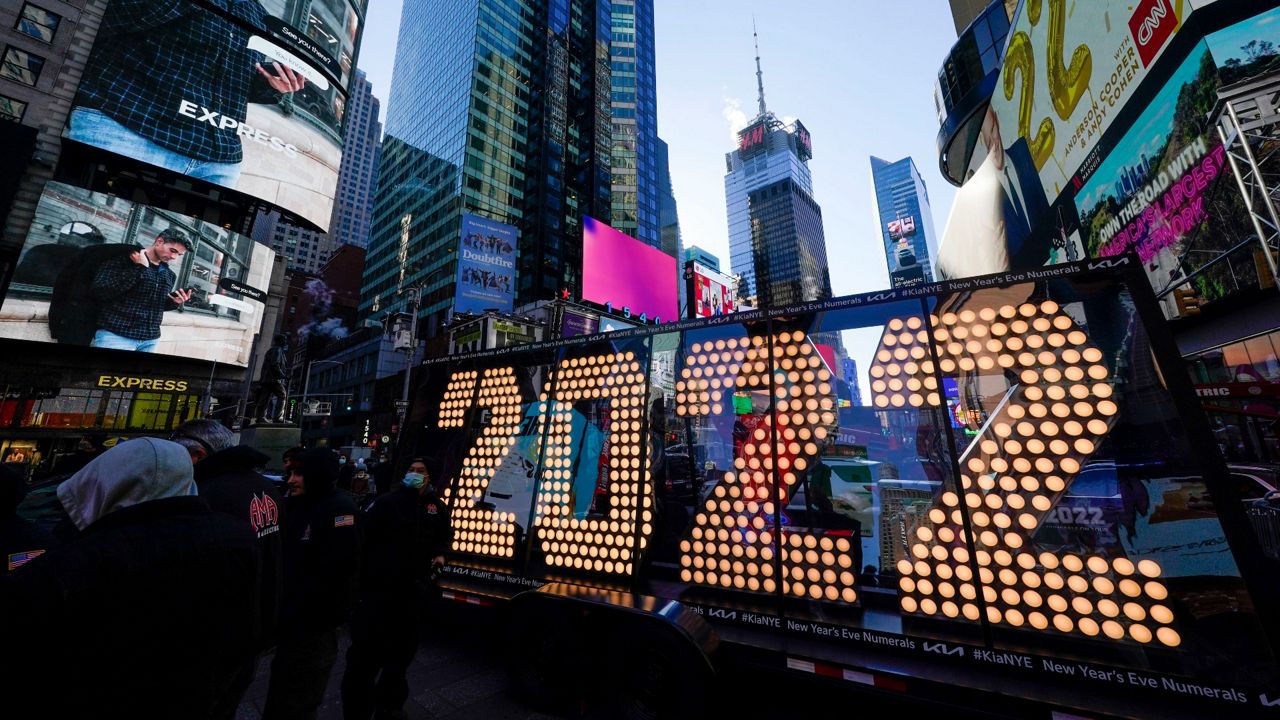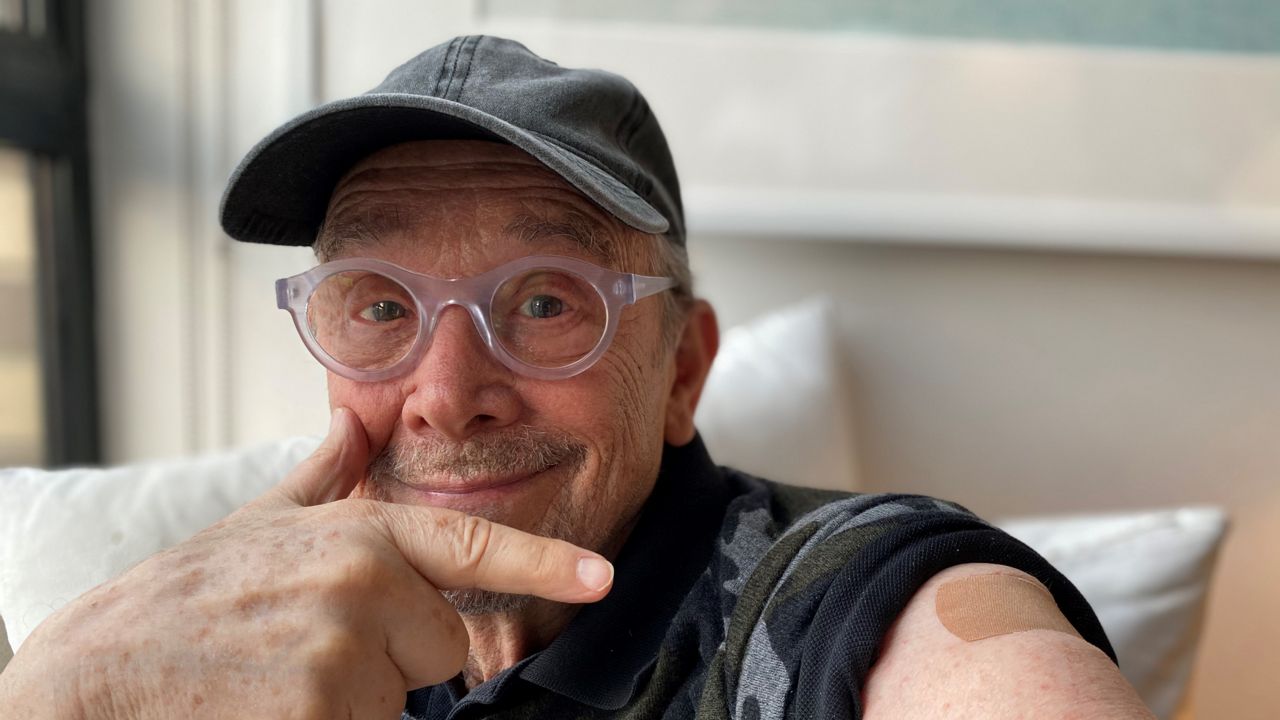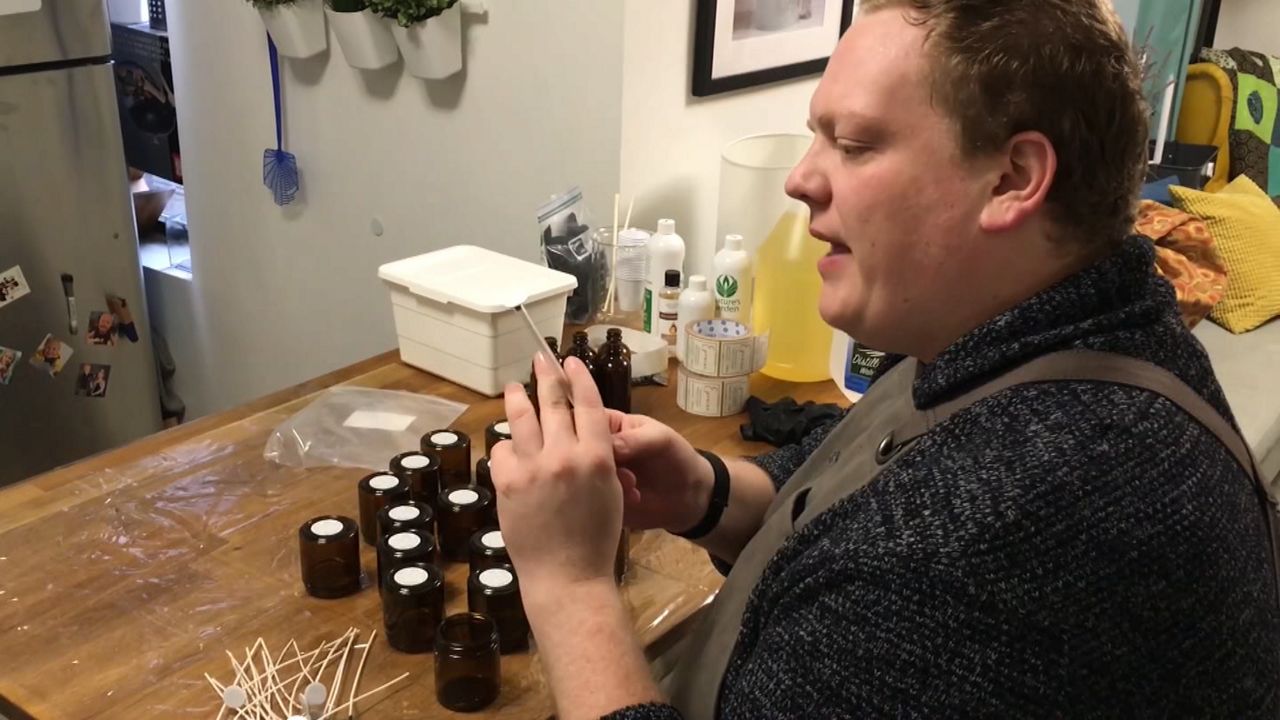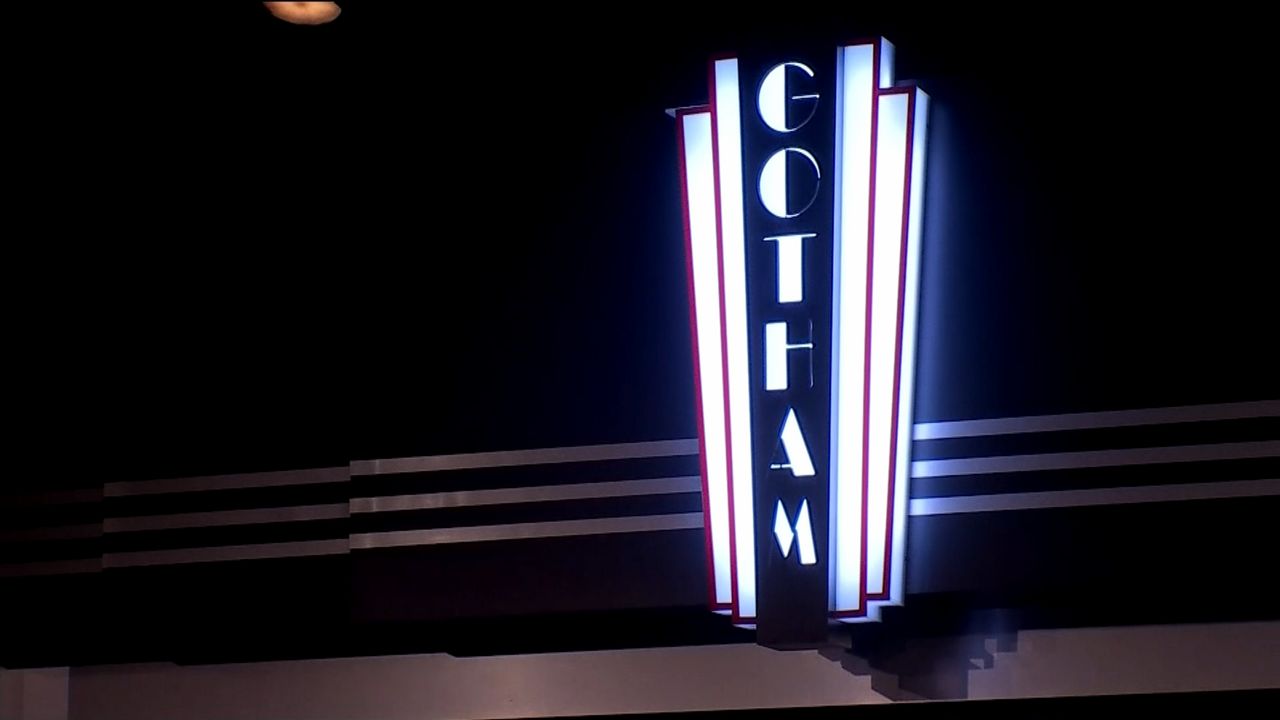NEW YORK - The live music industry was one of the first to feel the effects of the pandemic when travel slowed and large gatherings were banned. Now some industry veterans who normally work behind the scenes are stepping forward, raising concerns about the industry’s ability to bounce back as the public health crisis wears on.
“At the very best, it’s this time next year when we’re going back to work, and that’s the very best,” said Rich Nesin, a veteran of the music industry. He’s a concert tour manager with more than four decades in the business.
“I heard cats for a living,” he said with a laugh. “I live on buses, in hotels, airports and stages, but when I’m actually being serious about it and talking about what I do for a living, I’m a tour manager, a production manager, and a tour accountant.”
Over the years, Nesin has worked with headliners like Bob Dylan, Dave Matthews, and Tim McGraw. Most recently, the Bronx-based Nesin manages the international music tour of British reggae band Steel Pulse.
But in March, the music abruptly stopped.
“At the very beginning of COVID, I was preparing to start with [The National] in Japan, we were going to do Japan, Australia, New Zealand,” said Zach Sternberg, a lighting designer who was preparing to spend most of 2020 on the road.
The National, like most other musical acts, was forced to postpone all remaining 2020 concert dates.
Sternberg worked for months to design the stage lighting. During the performance, his job is to illuminate or darken the concert hall in perfect sync with the music. It’s highly technical work. The skills are not easily transferred.
“It’s not that we’re just sitting at home, doing nothing and being lazy,” said Sternberg. “Or that we don’t want another job, the jobs just don’t exist,” he said.
Like Sternberg, sound engineer Jonathan Carter has received $600 a week in federal pandemic unemployment benefits. The money helped pay his rent and health insurance for his family.
"This is nowhere near what I would be making if I was working and I’m lucky to have a job that pays really incredibly well but we need this money just to, just to keep afloat,” Carter explained.
The shows Carter had booked for Brooklyn-based They Might Be Giants for the rest of the year have been postponed. He worries when he might see a steady paycheck again and they all wonder what the future of live music looks like.
Bands and musicians are pivoting, streaming musical performances to audiences who watch from home. Famed four-day music festival Lollapalooza streamed from YouTube from Thursday into the weekend.
“Does the streaming model become the future of our business? That’s not touring, that doesn’t support the future of our industry,” said Nesin.
Senator Amy Klobuchar proposed legislation to support local venues and their employees for six months but it stops short of helping people, like Nesin, Sternberg and Carter, who make a living traveling with the artists.
They also worry that the end of federal assistance will force many in their field to find new careers, so when public health conditions finally allow live concerts to return, they wonder, who will be behind the scenes to run them, and will they have the experience to put on a good show?
“If we can’t support the arts and concerts being a major part of that and we can’t lend a helping hand to make sure this industry gets through it, we are not going to have it anymore,” said Sternberg. “It’s going to go away.”









